It is Aug. 25, 2018; the crowd cheers and confetti falls in Rogers Arena in Vancouver, Canada, as Johan “N0tail” Sundstein, Sébastien “Ceb” Debs and the rest of OG Esports raise the Aegis of Champions for the first time.
OG’s win at The International 8 was the greatest underdog run in Dota 2 history at the time. After so many failed attempts, a championship that N0tail and Ceb had chased for a decade was finally theirs.
A player-run organization had never won an International before that moment. OG had always put the player first to create an environment where they could feel comfortable and perform to their full potential. To OG, comfort was just as important as the minute details of the tournament meta. The win at The International 8 proved that their player-first values were meaningful — values that would eventually become the building blocks of OG as an organization.

“I’d say that we also had something going in terms of momentum because we stuck to our own system of values like treating people right,” Ceb said. “No matter how badly you want something, there is a line that we would never cross.”
Birth of the OG culture
It all started with the destruction of a partnership in 2018. Past iterations of OG always had two people at their core: Tal “Fly” Aizik and n0tail. N0tail and Fly had a combined 905 career wins; the second closest duo held 200 fewer wins.
In mid-2018, Fly chose to depart the team for Evil Geniuses a month before The International 8. According to the Dota Pro Circuit rules, direct invites were handed out to teams with the members who originally registered. Fly’s departure voided all Dota Pro Circuit points that OG had accumulated that year, and they lost their invite to The International 8 as a result.
Fly’s decision shattered a decade-long friendship. Fly took Gustav “s4” Magnusson with him, and OG’s carry player, Roman “Resolut1on” Fomynok, left the team amid all the chaos.
“We just got called into the room,” n0tail said in the “Against All Odds” documentary, “and I learned that two players are leaving, and one of them is my best friend.”
The only chance OG had of making it back into The International 8 was through the open qualifiers. That meant in less than a month, OG had to recruit three new players to fill the holes left by their former teammates. They would then have to fight through a bracket of more than a thousand teams just to earn an invite some of them had already technically earned.
“Either one of us could have just ended it all right then and there, and it would have brought the other two (Ceb and Jesse “JerAx” Vainikka) with them,” n0tail said in the “Against All Odds” documentary. “I always believed that the hardest choices in life are the right ones; the ones that are easy are usually the wrong ones. And, in this case, there was only one right choice, and it was the hardest one by far — to rebuild.”

Ceb and n0tail rebuilt a team with potential. Ceb moved from coach to offlane, and OG added two new players: Anathan “Ana” Pham and Topias “Topson” Miikka Taavitsainen.
OG took a risk on two unknown rookies because they had no choice. At that point, every free agent was already on a team, and they had a small pool of players to pick from. But they saw potential in these players, and they were spot-on in their assessment. In addition to their underdog victory, Topson and Ana helped OG win the next International in 2019.
No one had won back-to-back Internationals before.
Ceb and n0tail knew that Ana, Topson and even Amer “Miracle-” Al-Barkawi, in the first iteration of OG, all had potential and raw talent. They just needed an environment to help them grow. Dota offseasons are usually the same group of veteran players moving to different teams. What sets OG apart is their consistent willingness to take chances on new talent when the rest of the field does not.
In order to really understand how successful OG are at talent development, look at the titles Ana, Topson and Miracle- have accumulated. Ana and Topson eventually became two-time International champions. Ana also has two majors under his belt. Miracle- himself has won an International with Team Liquid. Over time, OG has shown that they took no shortcuts in building a winning culture. Even after winning two Internationals, they did not rest on their laurels.
Instead, OG looked to three-peat during this year’s International 10. But their hopes of a third straight title were dashed, and with the end of yet another defining era for OG, it was time to rebuild once again.
Beyond a new rebuild
In the span of a week following The International 10, OG announced that Topson, Ceb and n0tail would all be stepping away from competitive Dota. Once again, OG would have to rework nearly an entire roster.
The team chose once again to invest in a young core, with two 16-year-olds leading the charge: Bozhidar “bzm” Bogdanov and Ammar “ATF” Al-Assaf. They had most recently played for Creepwave, a lower division team in Western Europe, before joining one of the most storied organizations in Dota. The new OG roster is led by captain Mikhail “Misha” Agatov, the coach for OG at The International 10.
“We don’t want the next version of OG to be a carbon copy of the current one,” n0tail said, “but we believe that if we can transfer what we know and let them add to this, then the ceiling will be much higher, and we can help them get there quicker. Hopefully, save them from some of our mistakes.”
Despite being one of the youngest rosters in the Western Europe Dota Pro Circuit, OG’s new team debuted against The International 10 lower bracket finalists Team Secret, and the young guns have already swept one of the best teams in the league. The win featured bzm’s Ember Spirit, running around like it was Ana during the grand finals of The International 2019 against Team Liquid. Bzm ended the game with a 7/1/22 KDA (kills/deaths/assists).
A completely new roster? An unprecedented victory against one of the strongest teams in the region? It seems like typical OG at this point.
Development is one of the most important aspects of the OG formula. Building an environment around players and support staff internally is what is needed in order to win externally. The OG culture needed to permeate an entire organization, so they brought in current CEO JMR Luna, someone who has known Ceb and n0tail since his time at Evil Geniuses in 2017-18.
It is Luna’s job to continue to grow the OG culture, and to him, the way to move it forward is to continue to innovate the OG brand beyond Dota.
Whether that be their expansion into Counter-Strike: Global Offensive, the slate of new documentary-style content that OG have put out, or even the set of peripherals they worked on with SteelSeries, OG continues to find alternate ways to invest in players, and fans, across multiple esports.
“We want to show through these values that winning is a consequence, not an objective,” Luna said. “Which means that if you do things right, you enable each other, and everyone sacrifices. Then winning just happens.”

This year, a chapter of the OG book closed. But even the players who walk away from the roster never truly leave. N0tail and Ceb remain with the organization to help it get that third International title, despite stepping away from competitive play.
These rebuilds take time; Luna, and the rest of the OG contingent, know that. But success should come, as it has before, from building upon the foundation of one of the greatest player-run organizations of all time.



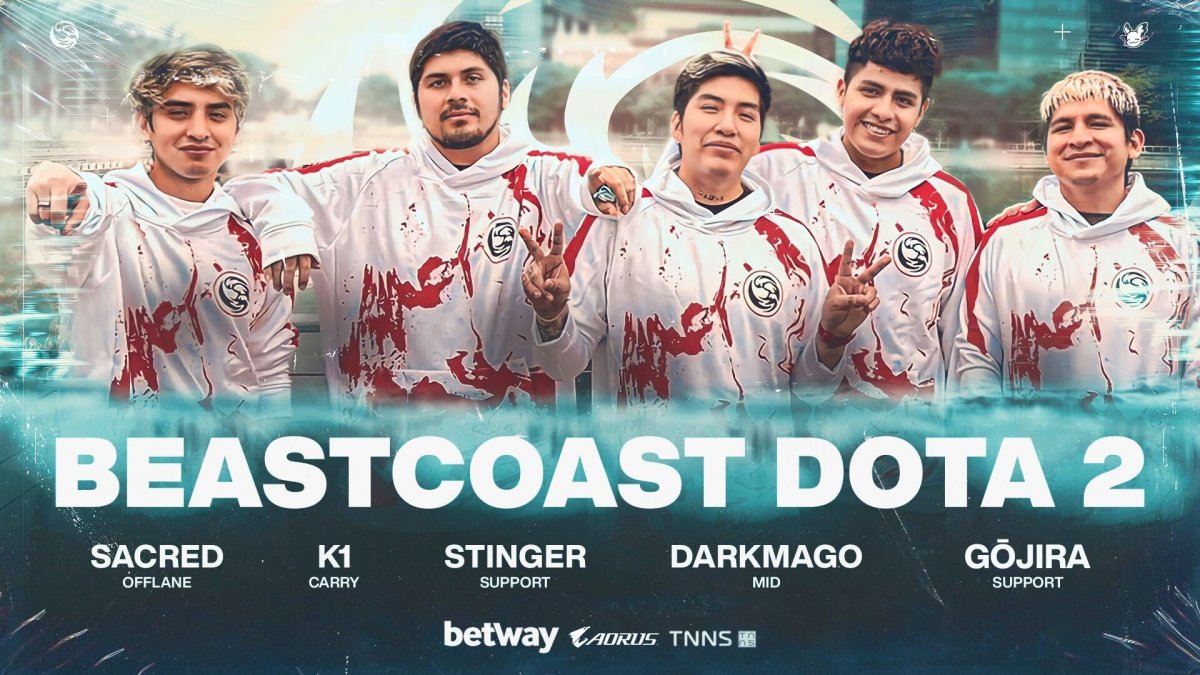
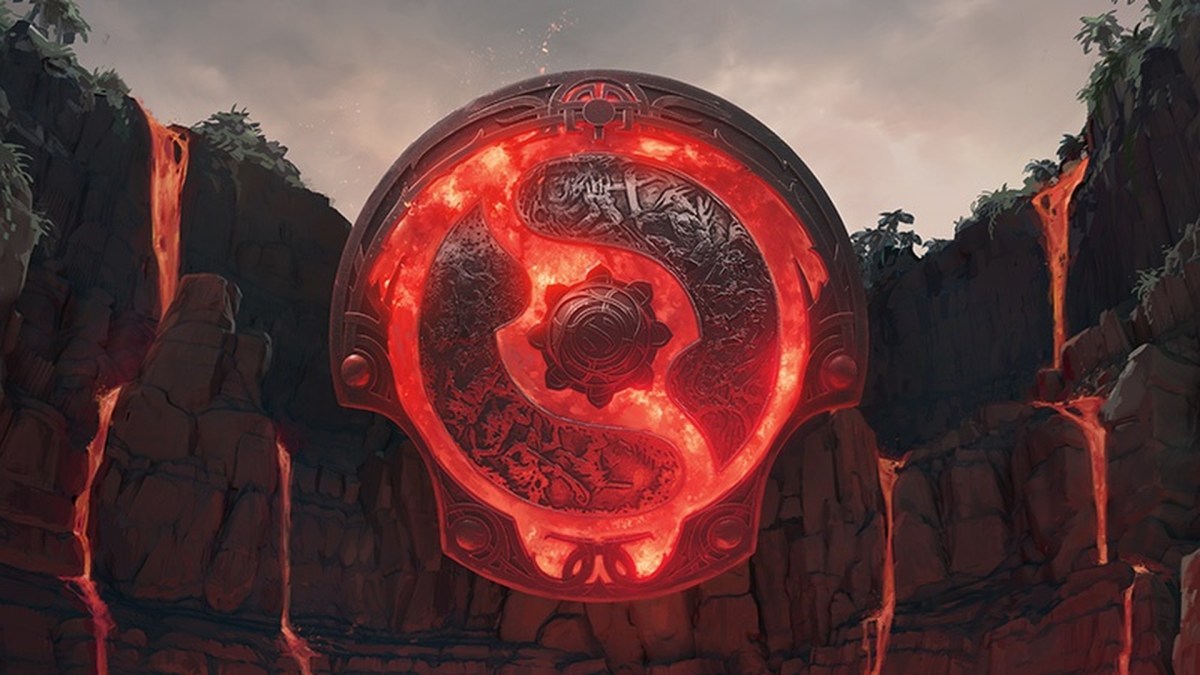
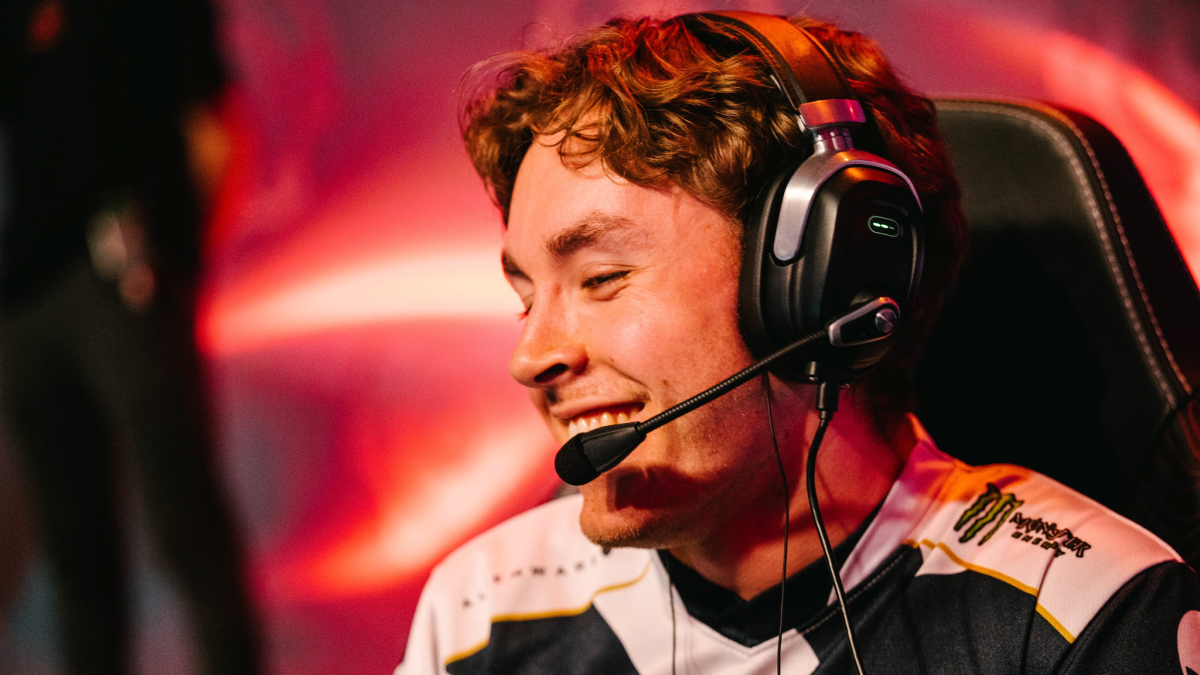
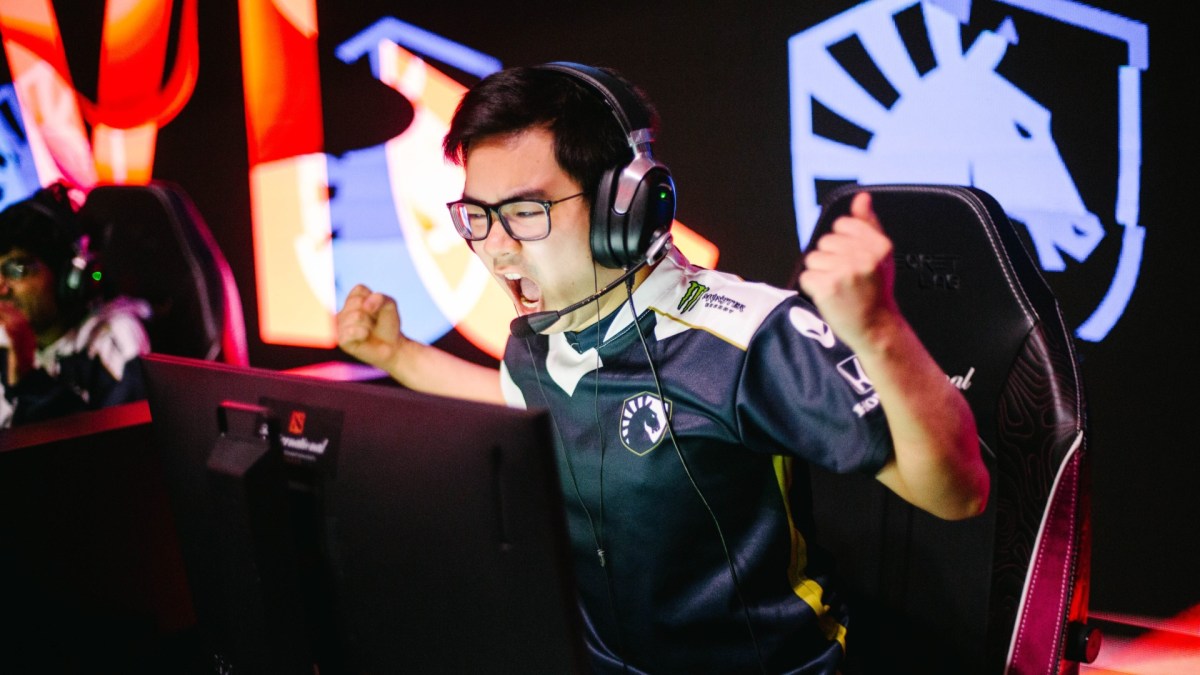
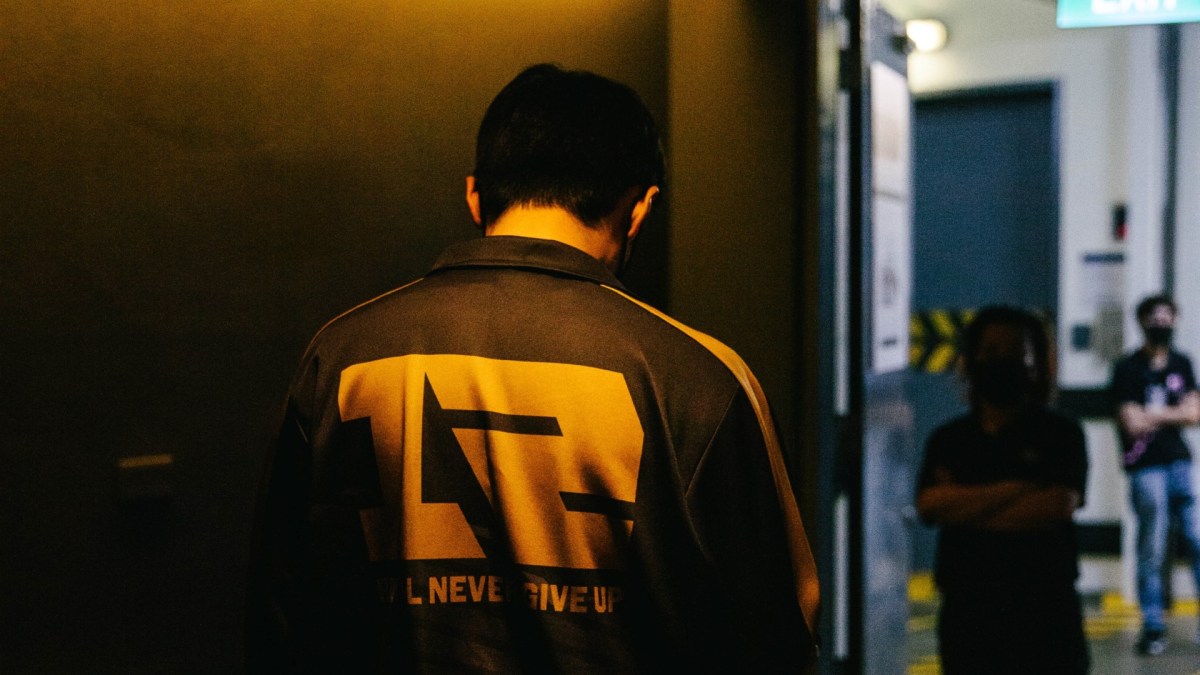
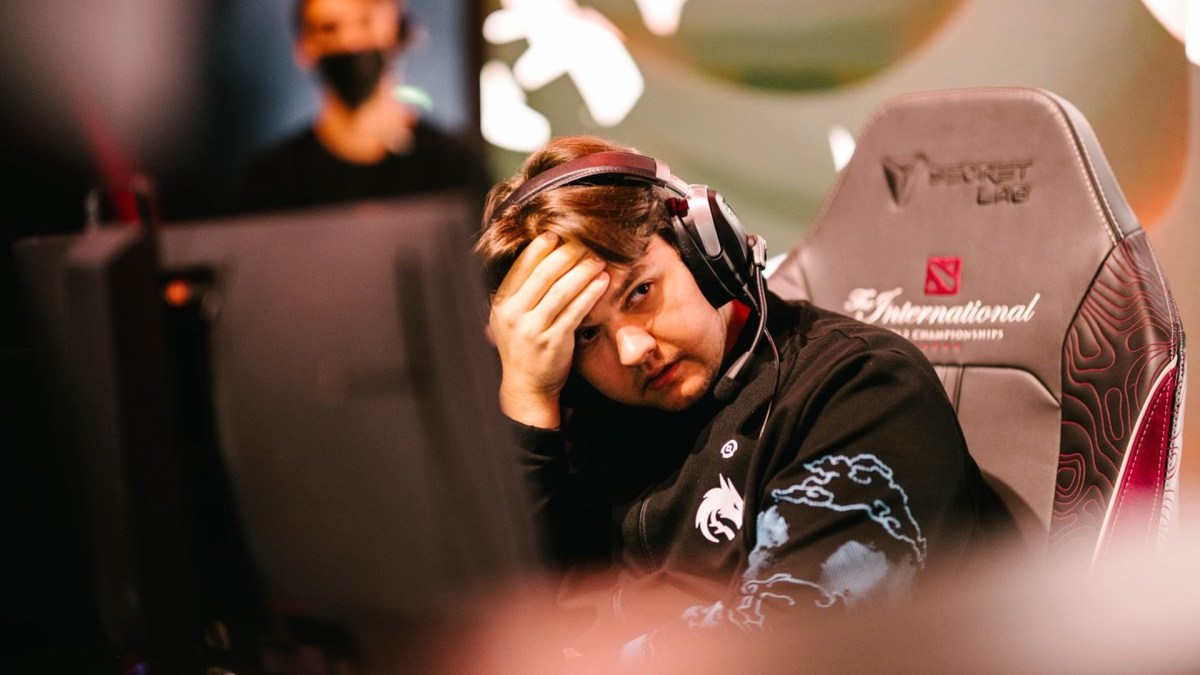



Published: Dec 16, 2021 07:00 pm